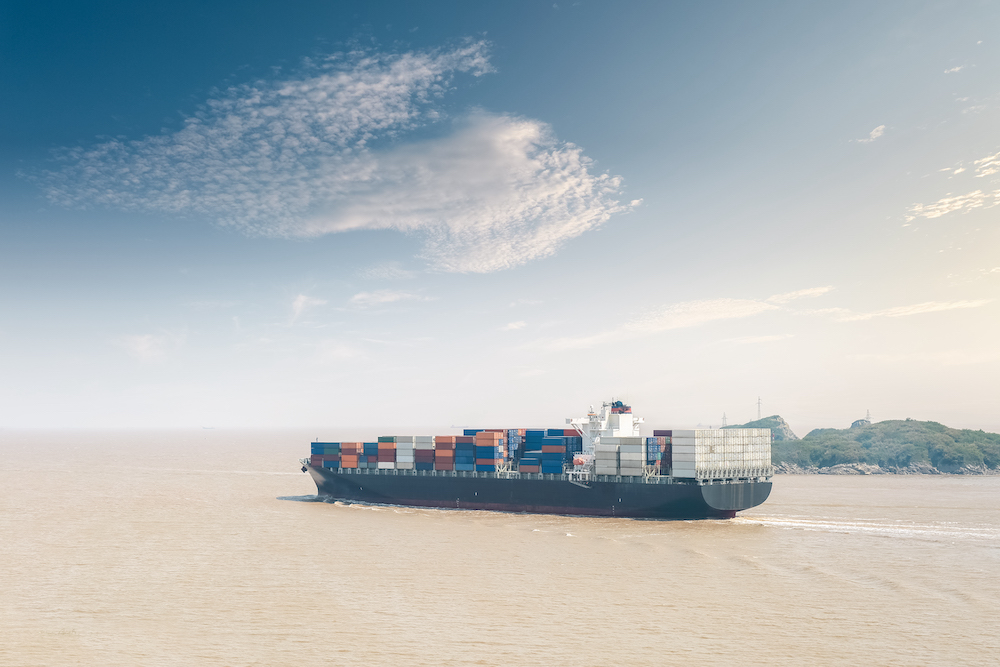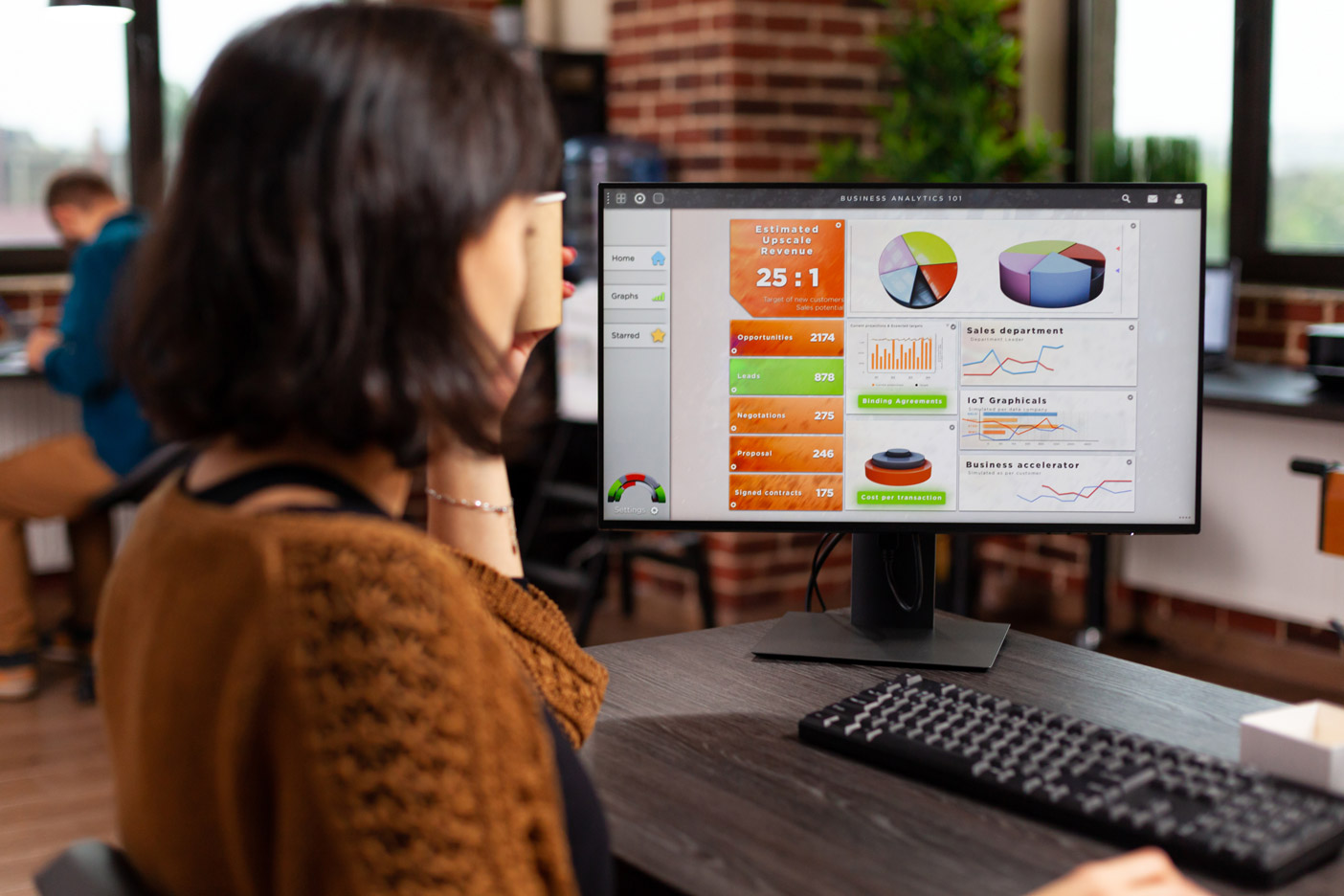Since Tuesday, a Japanese-owned 200,000-ton cargo vessel has been lodged sideways in the Suez Canal in northern Egypt, creating a queue of over 150 cargo ships and halting over $10 billion in global trade sales.
The Suez Canal, built in the year 1860, has been a crucial route for global trade and is one of the world’s busiest Canals. Located in Egypt on the Northeastern tip of Africa, it connects the Mediterranean Sea to the Red Sea. It has proven vital for oil and livestock trade and transportation between Middle Eastern countries and Europe. The Canal flows for about 193 kilometres in length, is about 205 meters wide, and about 24 meters deep.
The cargo ship Ever Given, operated by Taiwanese transport company Evergreen Marine, has been blocking all transportation through the Canal for over 48 hours. Severe weather and strong winds caused this 400-meter-long ship to be knocked off course, wedging both sides across the entire width of the Canal. For reference, this ship is about the same size as the Empire State Building.
International aid has been working on trying to move the Ever Given vessel. Little progress has been made, but they have no option but to fix the problem. Millions of dollars in trade are being lost or delayed every additional hour the ship remains still.
There are many repercussions of this event that we are going to feel, even 1000’s of kilometres away.
For financial impacts, the price of oil around the world is going to spike. About 12% of global trade uses the Suez Canal, and over 50 ships carrying over 10 million barrels of oil and other goods cross those waters daily. This 2-day pile-up has already caused significant spikes in gas prices in Texas and cities throughout Europe. Other trades of goods are going to experience major financial fluctuations that will have lasting effects.
For the environment, global shipping Canals are essential for minimizing shipping routes and creating efficient ways for goods to be shipped worldwide. The Suez Canal’s shorter route theoretically brings goods quickly to consumers while allowing the ships to travel at a slower speed.
A 2020 study out of the Tyndall Center for Climate Change at Britain’s Manchester University explains ways shipping companies can reduce shipping emissions that are in accordance with the Paris Climate Agreement. They found that slower cruising ships, higher efficiency operating vessel features, and zero-carbon fuel could potentially reduce shipping emissions by almost 30%.
Shipping transport contributes from 2-3% of global greenhouse emissions. The longer this incident goes on, the more ships will reroute and navigate around Africa, travelling at full speed to make up for lost time, leading to burning more fuel and creating more emissions.
On the other hand, the longer this vessel is stuck in the Canal, the more ships will be idling in the queue in the Red Sea. ‘Stand still’ idling creates much more pollution than regular travelling. With the increased volume of boating and shipping activity in the sea, marine life has a higher chance of coming in contact with a boat and being harmed.
Oil is the most common good that passes through this Canal regularly, and as more oil is being delayed, this may result in increased drilling in some parts of the world.
As global markets are being affected, increased international efforts are being put in place to recover the vessel and normal shipping traffic to resume. BBC and all major international news outlets are covering this story.










